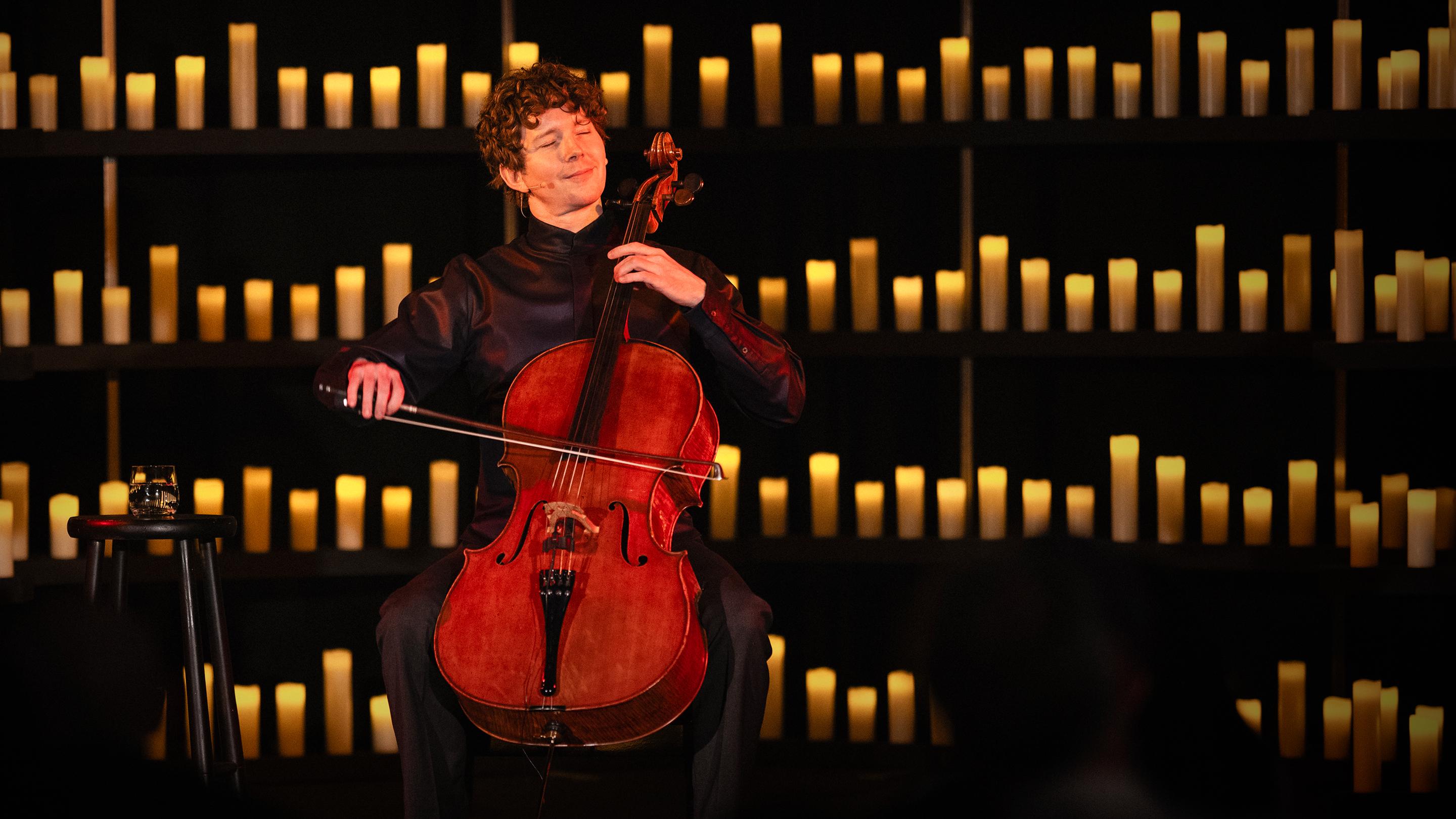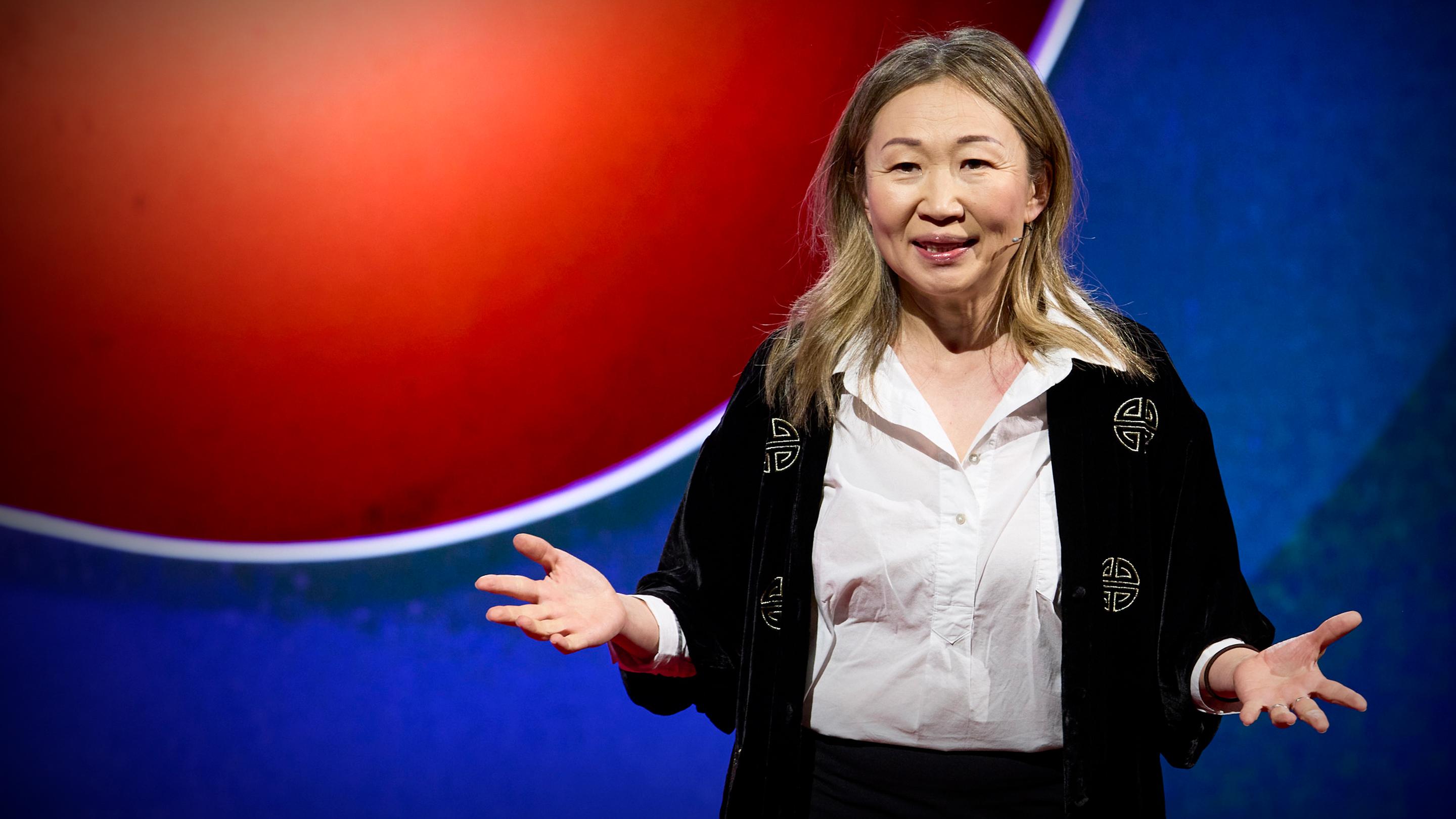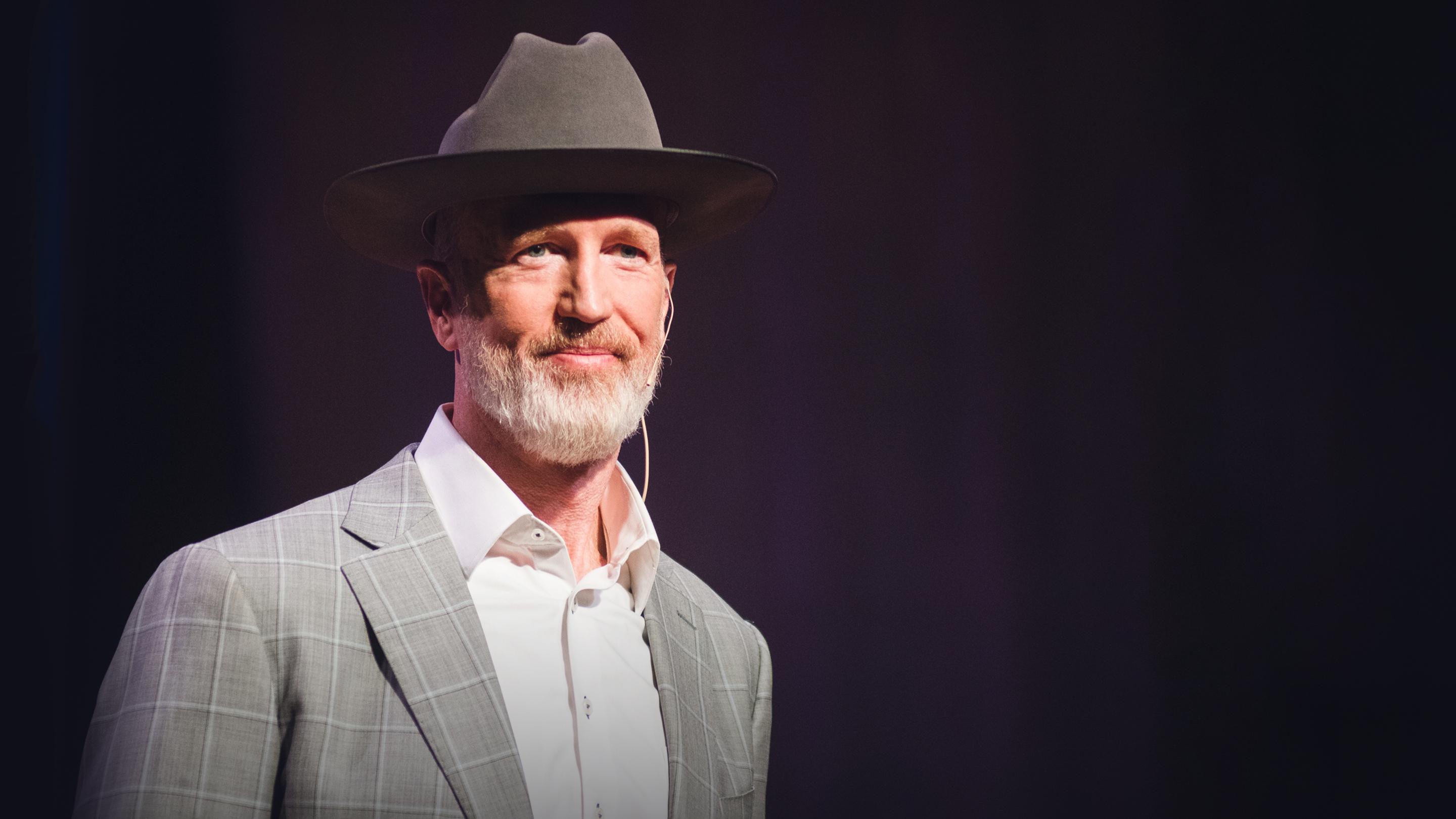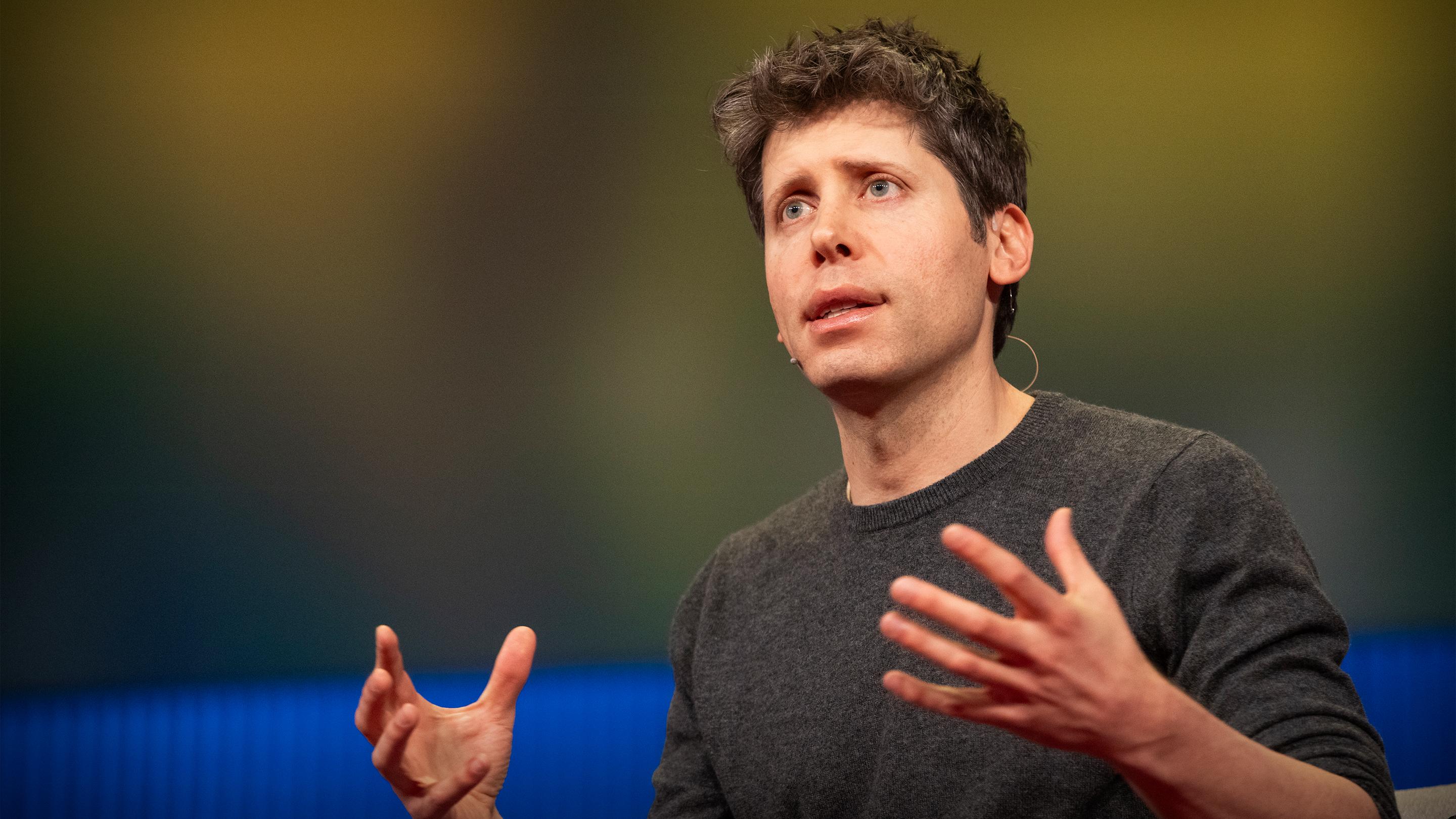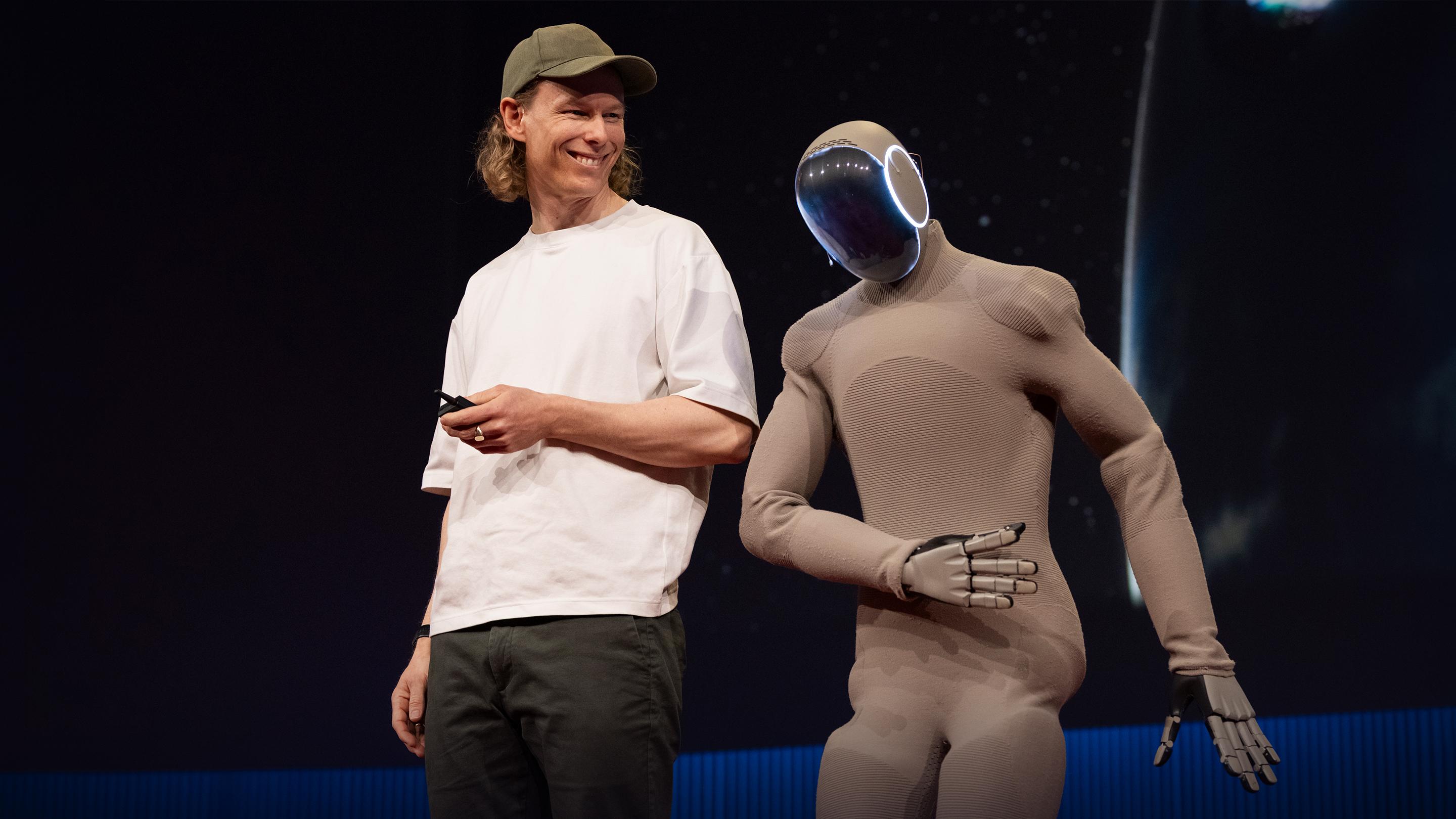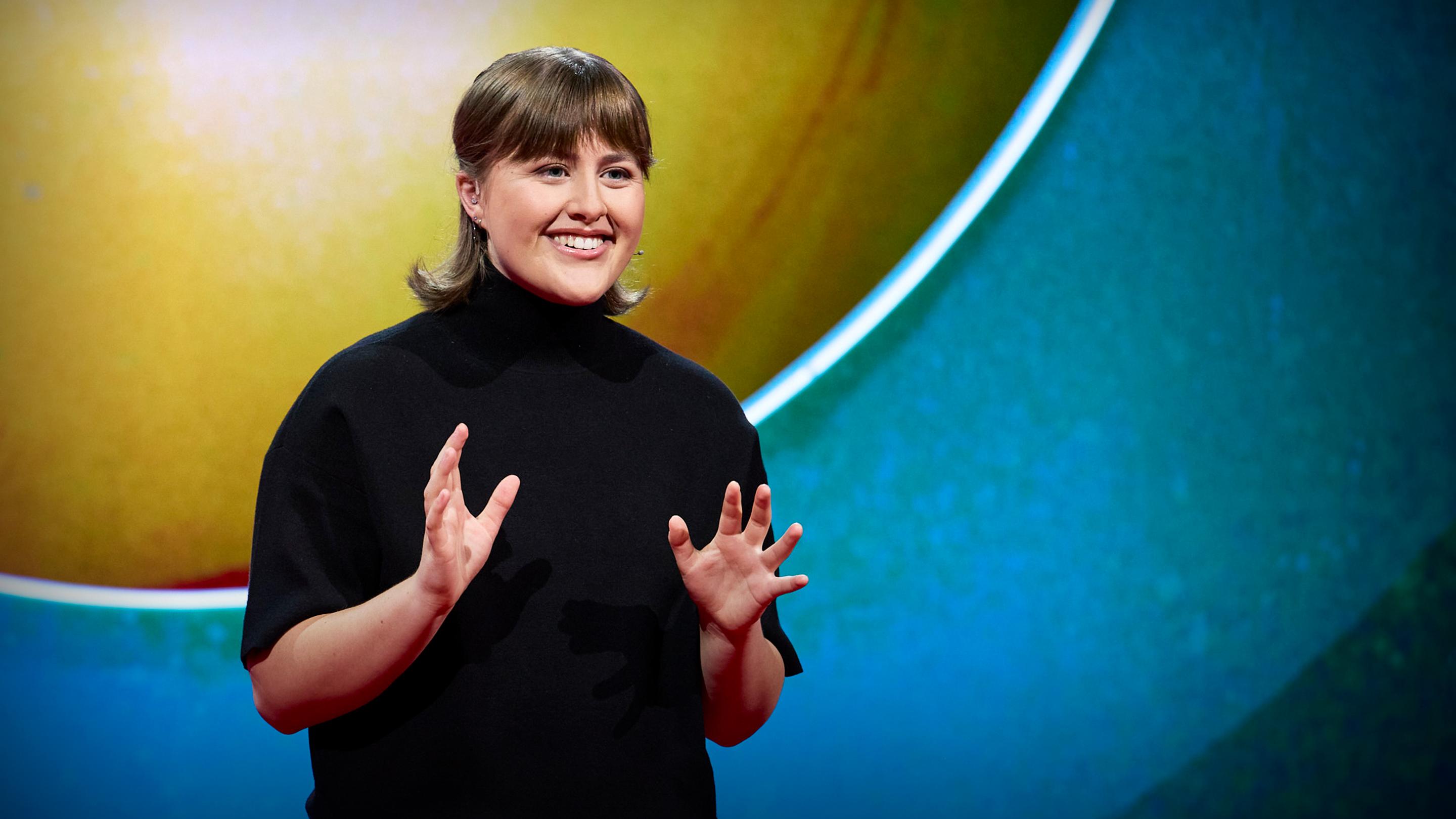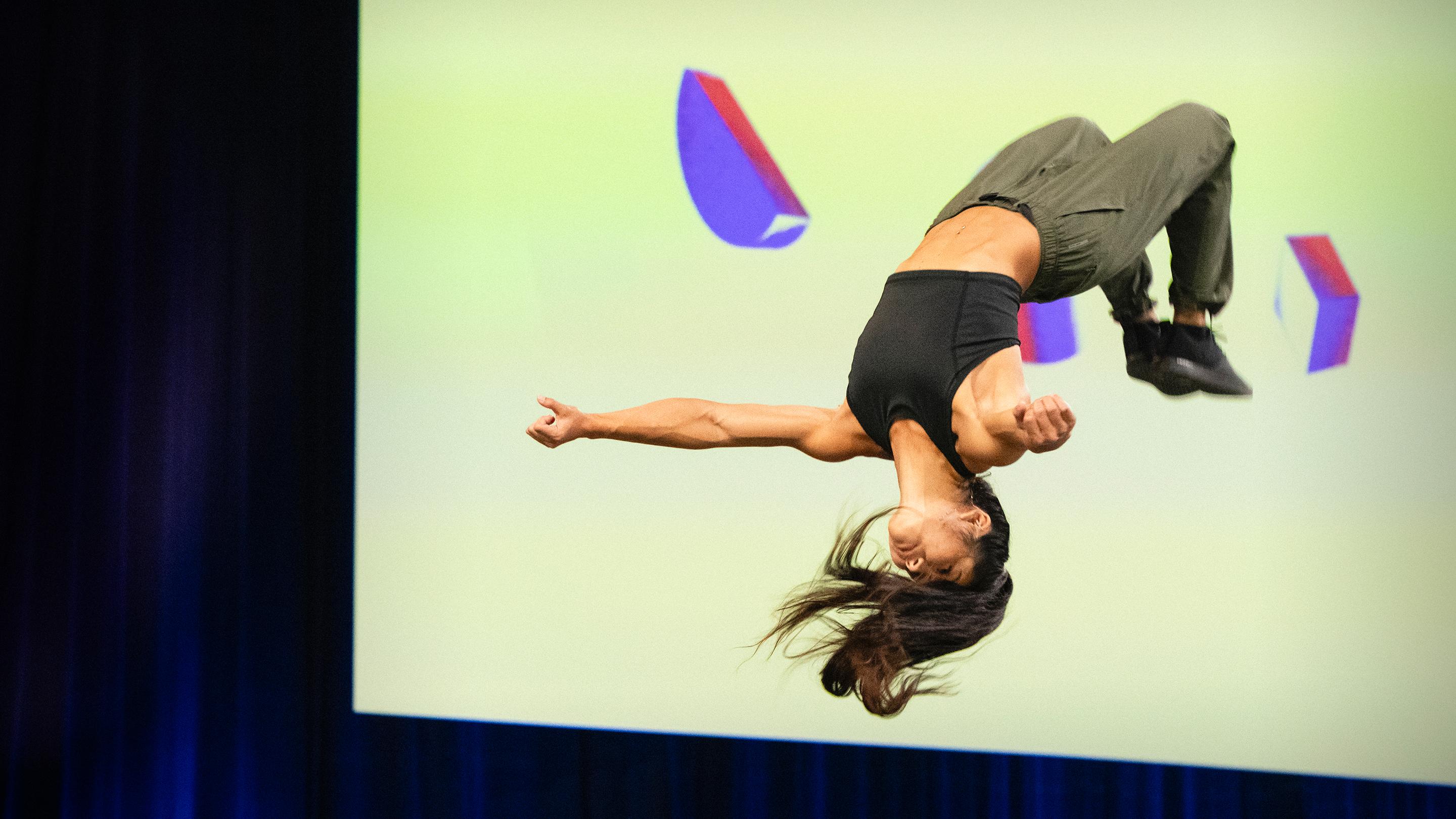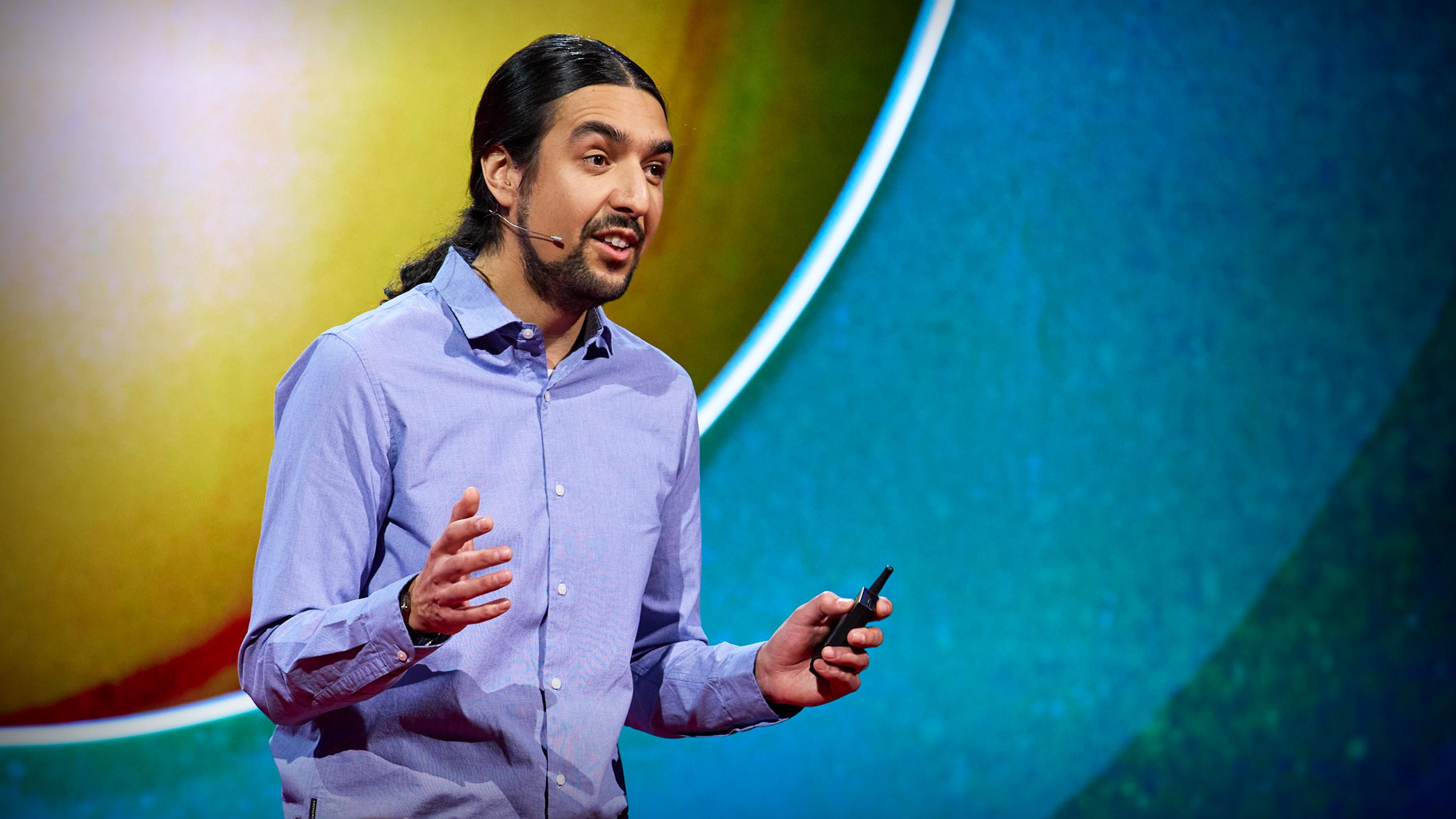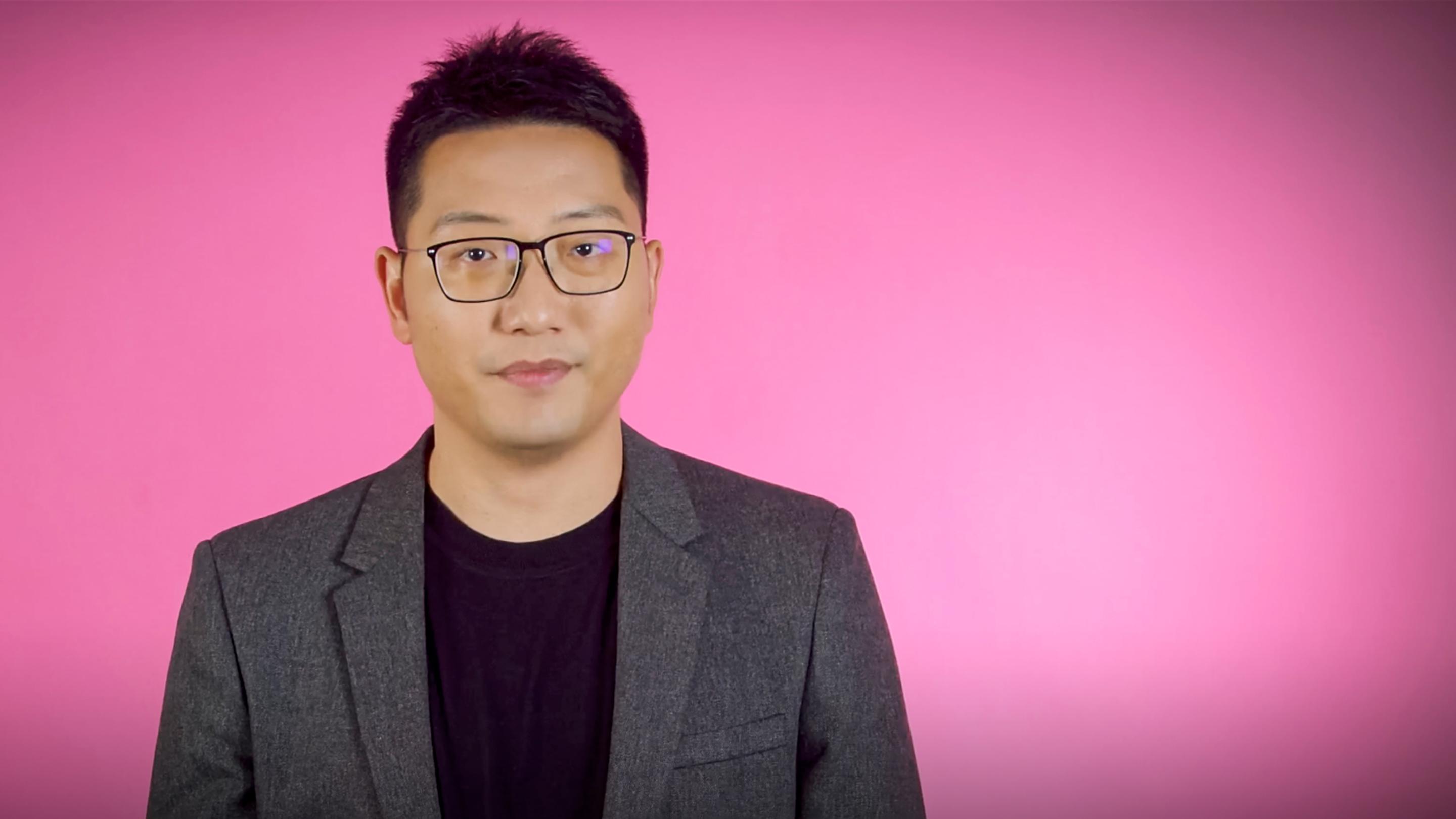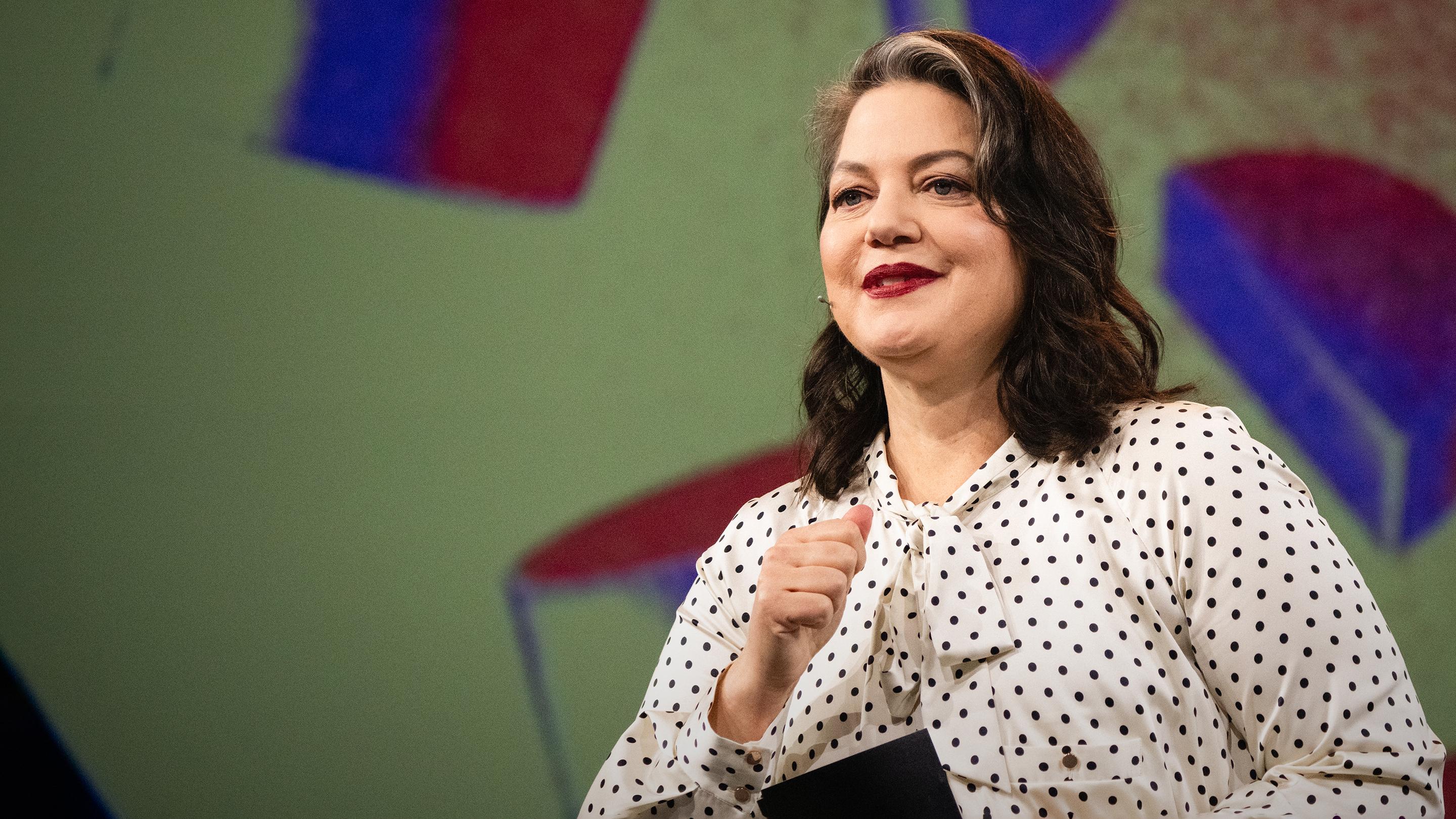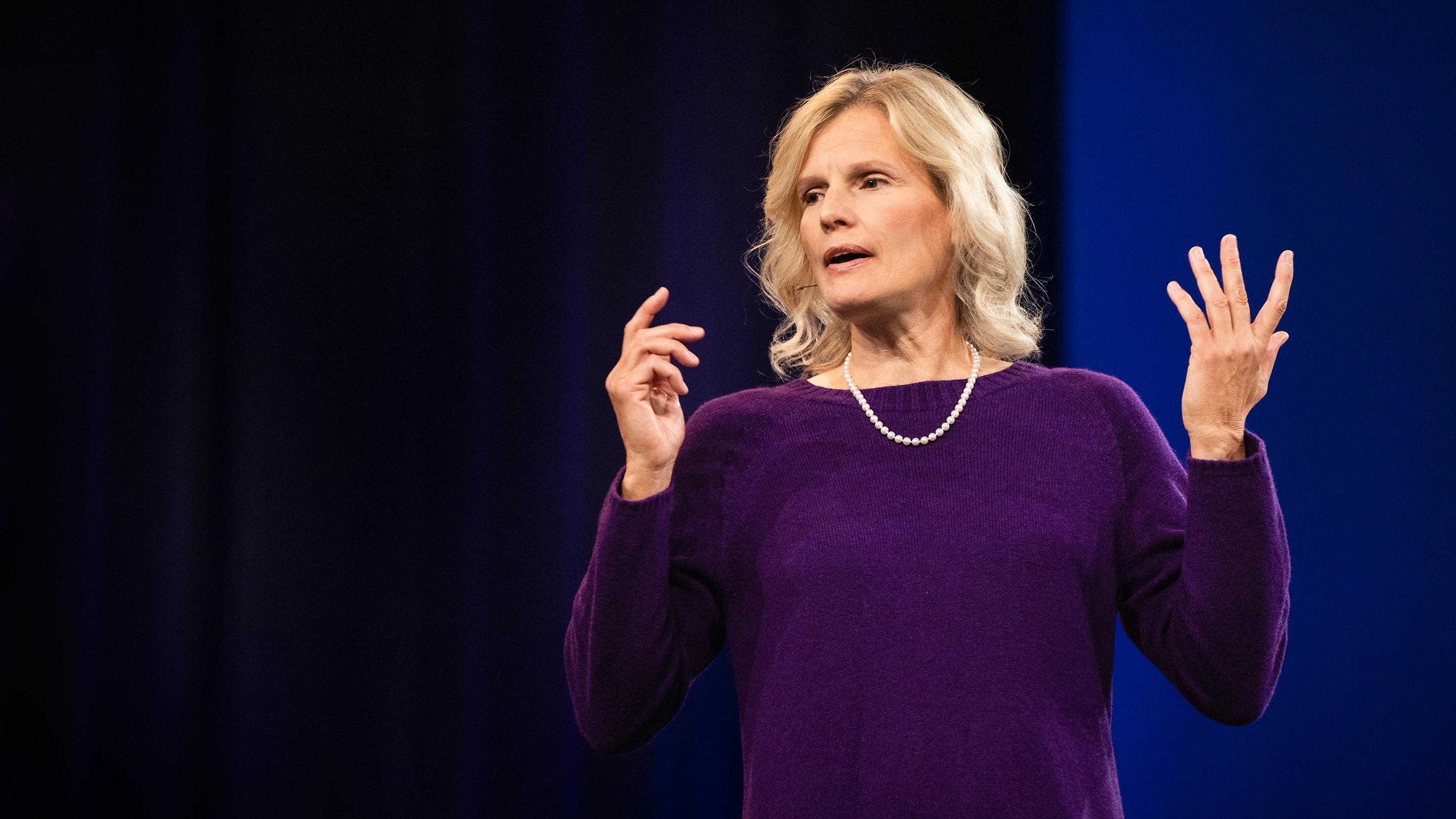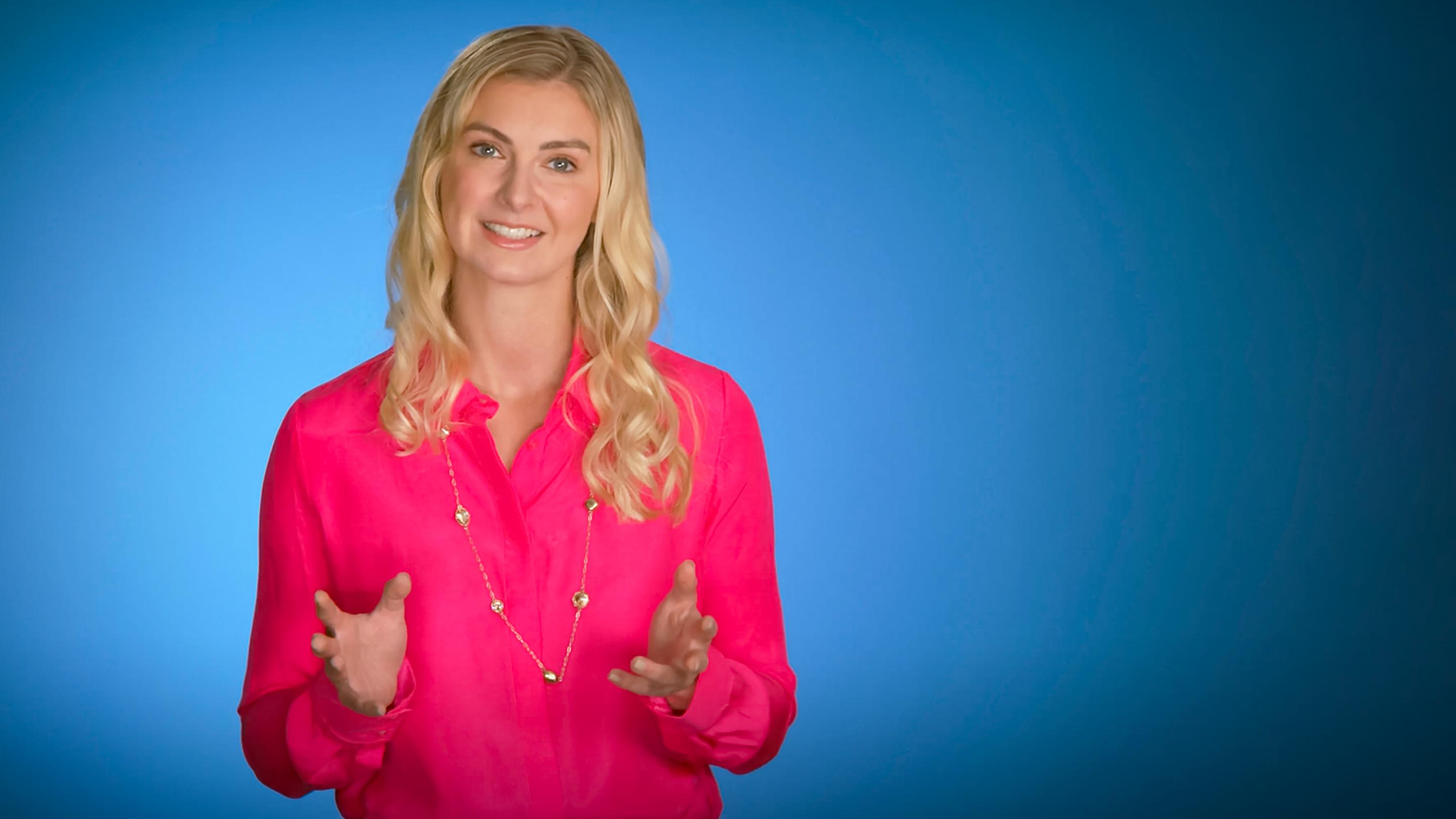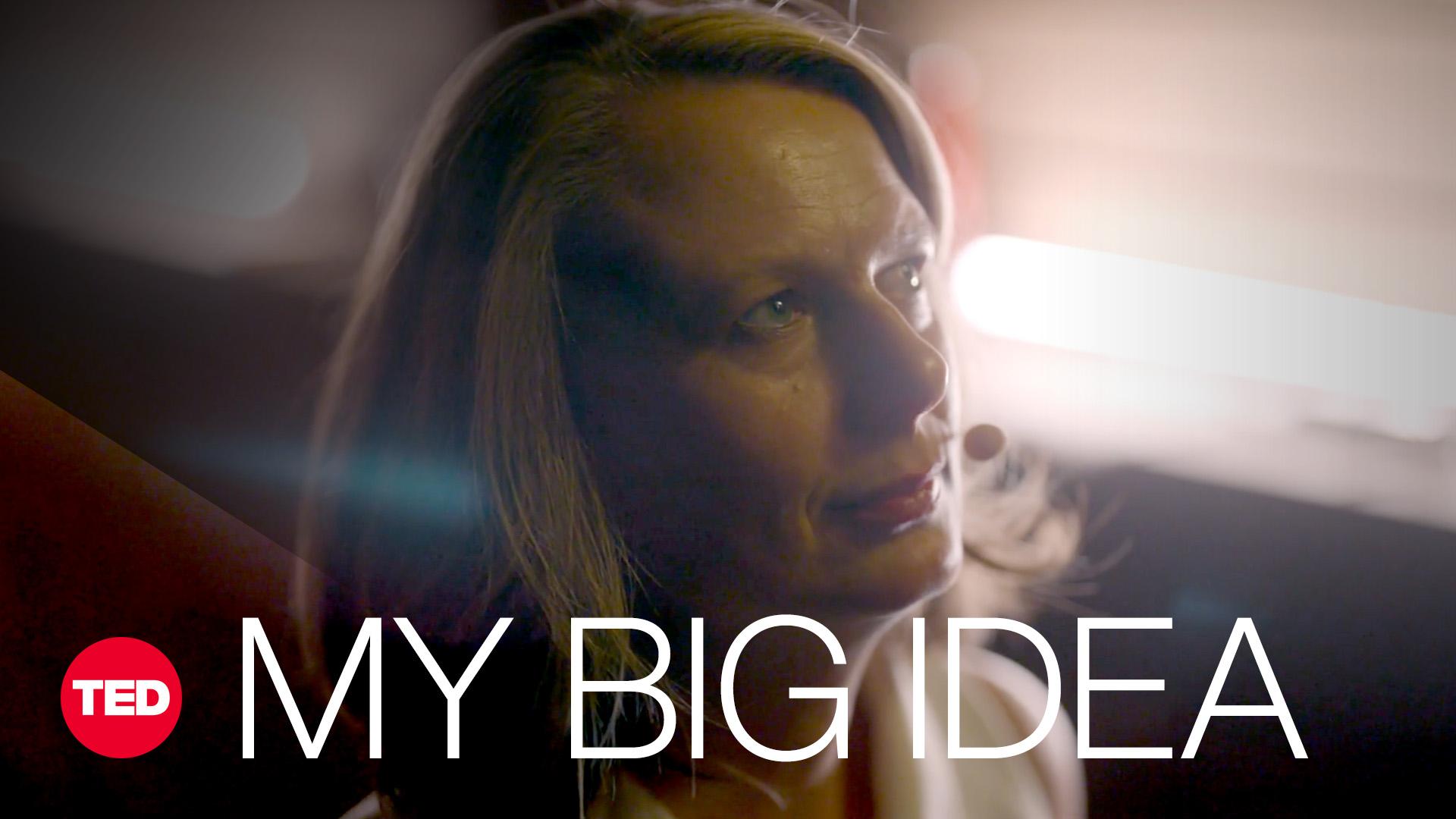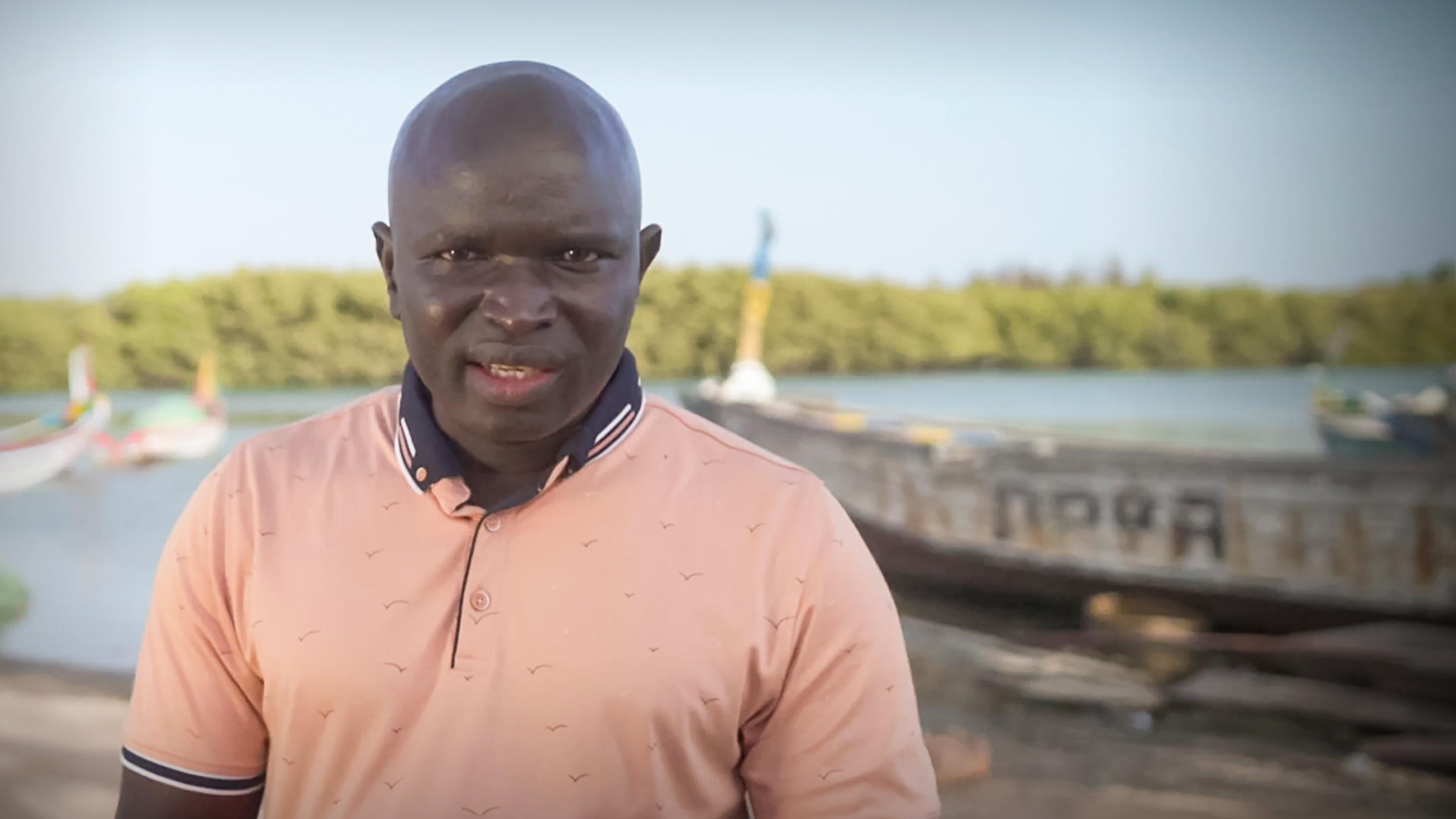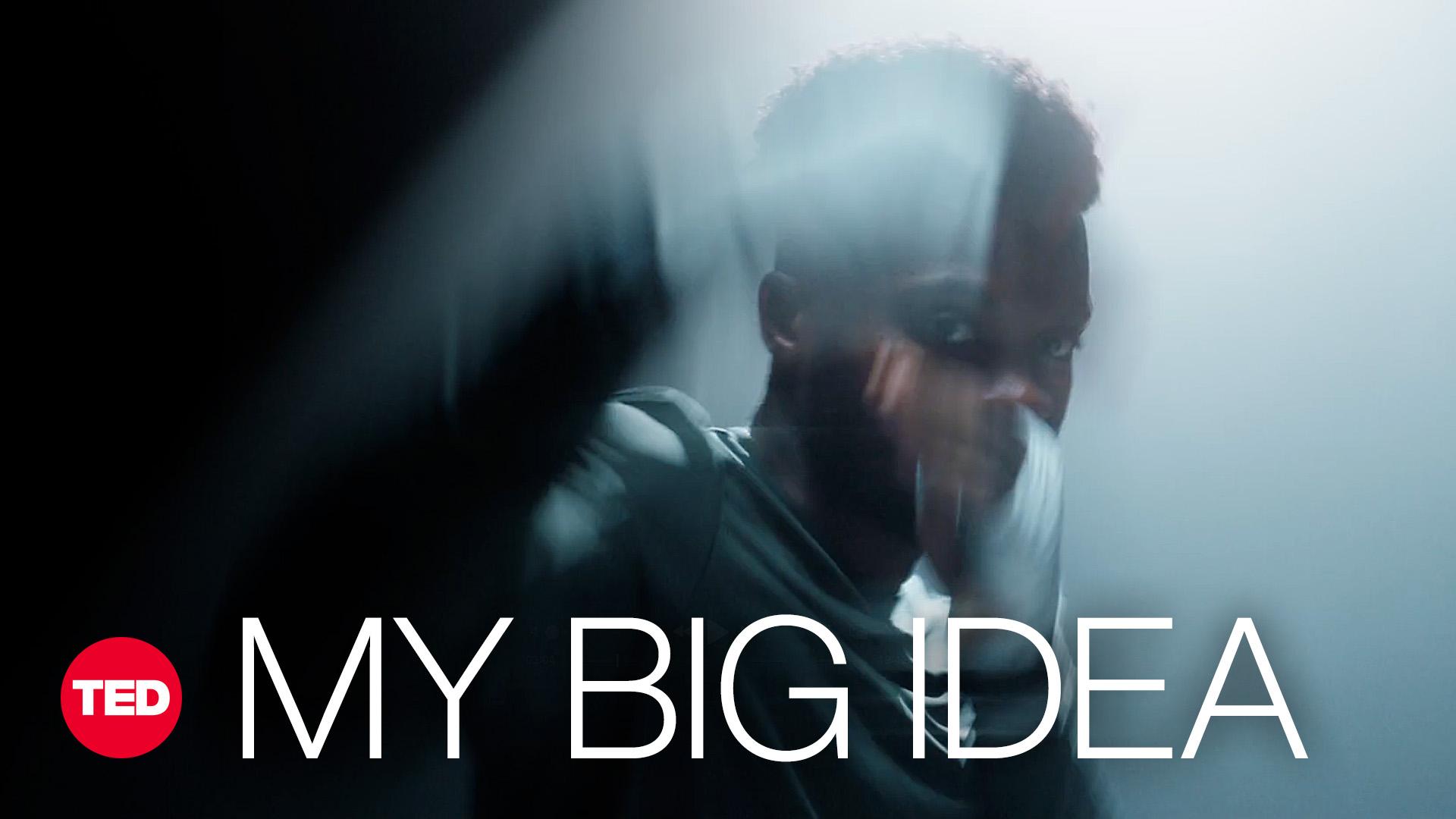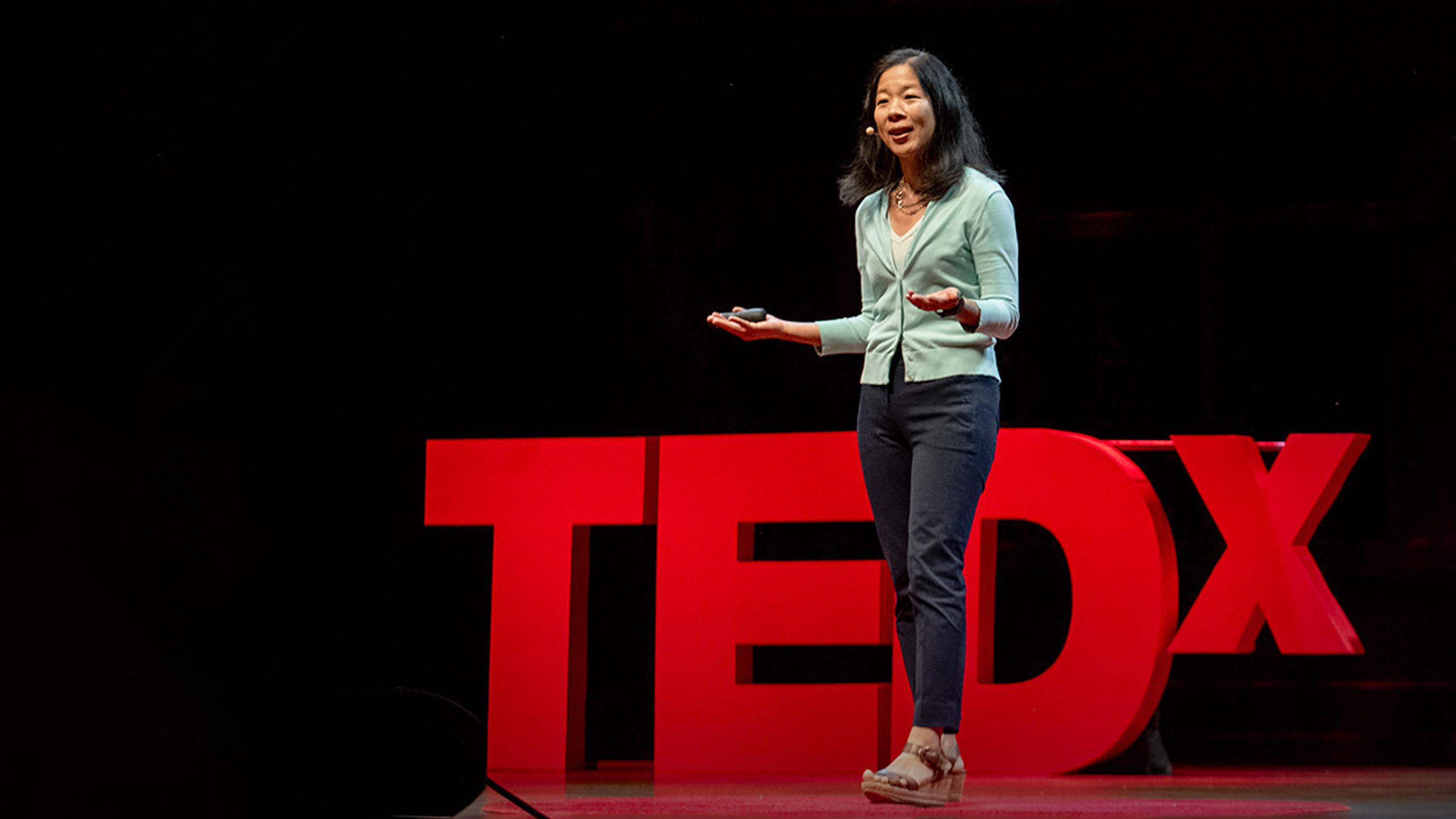Episodi
-
An accomplished cellist, TED Fellow Joshua Roman has practiced his instrument daily since he was a child — until a severe case of long COVID almost robbed him of his ability to play. In an inspiring talk, he plays a piece by Johann Sebastian Bach, shares how he found his way back to music and then performs a staggering new solo composition, titled "Immunity."
-
Picture this: you’re wearing a normal-looking pair of glasses, but they give you the ability to quickly summarize a book, translate between languages or remember where you left your keys. In a live demo of unreleased technology, computer scientist Shahram Izadi unveils Google’s new Android XR platform, which aims to give users the power of AI via smart glasses and headsets. He’s joined onstage by two colleagues, giving a glimpse of the future of “extended reality” (XR) devices — smart, seamless and right before your eyes.
-
Episodi mancanti?
-
What if the race to save the planet is harming the people who protect it? Indigenous advocate Galina Angarova exposes the hidden cost of the green energy transition, where the demand for minerals like nickel and lithium threatens to devastate Indigenous lands and livelihoods. She calls for a radical shift in mindset — one that centers Indigenous leadership, consent and reciprocity as the foundation of a truly just and sustainable future.
-
Why do we assume single people aren’t happy? Behavioral economist (and lifelong bachelor) Peter McGraw advocates for a world in which single life is just as accepted as marriage, debunking the myth that getting hitched is the only path to fulfillment. From spinsters to cat ladies, he outlines the power in chosen family — and invites you to reconsider what it means to live a remarkable life.
-
The AI revolution is here to stay, says Sam Altman, the CEO of OpenAI. In a probing, live conversation with head of TED Chris Anderson, Altman discusses the astonishing growth of AI and shows how models like ChatGPT could soon become extensions of ourselves. He also addresses questions of safety, power and moral authority, reflecting on the world he envisions — where AI will almost certainly outpace human intelligence. (Recorded on April 11, 2025)
-
What if doing your chores were as easy as flipping a switch? In this talk and live demo, roboticist and founder of 1X Bernt Børnich introduces NEO, a humanoid robot designed to help you out around the house. Watch as NEO shows off its ability to vacuum, water plants and keep you company, while Børnich tells the story of its development — and shares a vision for robot helpers that could free up your time to focus on what truly matters.
-
“We are watching the collapse of the international order in real time, and this is just the start,” says investigative journalist Carole Cadwalladr. In a searing talk, she decries the rise of the “broligarchy” — the powerful tech executives who are using their global digital platforms to amass unprecedented geopolitical power, dismantling democracy and enabling authoritarian control across the world. Her rallying cry: resist data harvesting and mass surveillance, and support others in a groundswell of digital disobedience. “You have more power than you think,” she says. (This talk contains mature language.)
-
What if ancient myths are warnings for the future? Contemporary folklorist Lauren Fadiman explores how the Norse tale of Ragnarök may stem from real climate catastrophe, revealing how folklore preserves lessons of resilience and can guide how we adapt to our own time of crisis.
-
Parkour isn't just for extreme athletes — it's a life skill that can help anyone navigate the world more easily, says professional parkour athlete Taylor Lynn Carpenter. She pulls off some slick vaults, jumps, dives and rolls onstage, showing how the basic movements of parkour can help you maintain mobility, overcome obstacles and rediscover your sense of adventure.
-
There's an invisible super-pollutant heating up the planet — but it's surprisingly easy to reduce, if we try. Revealing how methane contributes (way) more in the short term to global warming than carbon dioxide, chemical engineer Daniel Zavala-Araiza highlights the emerging technologies and bold new policies that are part of a worldwide effort to hold oil and gas companies accountable for polluting our skies with this harmful gas. It's an optimistic glimpse into a future where global cooperation and cutting-edge monitoring could rapidly slow climate change.
-
A generational shift is transforming business in China, says consumer expert Roger Hu. He describes the young, ambitious entrepreneurs taking over family businesses across the country, positioning local Chinese enterprises to emerge as innovative and globally competitive giants.
-
Can gaming with friends help combat loneliness? Laura Miele, the president of EA Entertainment & Technology, dives into how video games unite millions worldwide in a vibrant network of social hubs. With personal stories, research and a glimpse into the future of AI in gaming, she shows why playing together isn't just fun — it’s vital for human connection.
-
"Bluey," the Australian children's show, is a global phenomenon. But how did a cartoon for kids become a smash hit with adults, too? Sarina Petersen, who studies social psychology, explains how "Bluey" keeps viewers of all ages hooked with a unique blend of humor, authenticity and nostalgia.
-
Today's experts often overwhelm parents and guardians with alarming warnings of treacherous roads ahead for their children, sometimes turning dedication into anxiety and obsessiveness. Instead of chasing trends, psychiatrist Mathilde H. Ross recommends trusting your instincts — and picking up a surprising source of simple, positive guidance on bonding and development. Her reassuring message? "You are quite literally evolved for this."
-
“In the future, companies will succeed or fail based on how much their people enjoy their work,” says management consultant Rosie Sargeant. She offers three tips to make work more joyful, increase employee retention and boost customer satisfaction, suggesting how fun (like kangaroo-themed employee check-ins) can be both professional and profitable.
-
Karli Büchling hates blood, but she has devoted herself to studying it in the service of women’s health. Exploring centuries of stigma around the study of women’s health, she unveils a bold idea to unlock medical breakthroughs in the field. Join Karli as she prepares and delivers her big idea in a groundbreaking TED Talk — and gets exciting news that could accelerate her research and help millions worldwide. (This episode contains medical imagery)
-
What happens when the fish that sustain a community start disappearing? Environmental activist Lamin Jassey shares how industrial fish meal factories are devastating local waters, livelihoods and health in The Gambia — and how communities are organizing to defend their coasts and reclaim their future, one catch at a time.
-
Percy Tussamba was born in Angola, but after a very turbulent time for his family, was forced to leave his home and ended up in the UK. Faced with the challenge of starting a new life in an unfamiliar place, he found a sport that changed his life. Now he wants to share his experience and help build community for other refugees, helping them establish themselves and thrive. Follow along as he prepares and delivers his big idea in a moving TED Talk, bringing him one step closer to making his dream a reality. (This video is part of "My Big Idea," a new series from TED that documents the process of imagining and then creating a TED Talk, featuring first-time speakers and ideas new to the TED stage.)
-
Would you eat a bug? How about fine-crafted chocolate — shaped like poo? Your answer depends on both your disgust at the prospect and whether you choose to act on that emotion, says political psychologist Cindy Kam. She dives into how the feeling of disgust — whether motivated by real or imagined contamination — can connect or divide us, from everyday decisions to political alliances.
-
As a mother and occupational therapist, Hazel Cottle knows how important it is for both her kids and her patients to spend time outdoors. It sparks joy, brings people together and improves lives. Yet in the UK, a country where it rains a lot, it can be tempting to stay warm and dry inside the house. Hazel thinks she has the perfect solution to encourage families to get outside — even when it’s wet and dreary. Join Hazel as she prepares and delivers her big idea in a TED Talk — and gets some surprising news that just might bring puddle parks to life.
- Mostra di più


